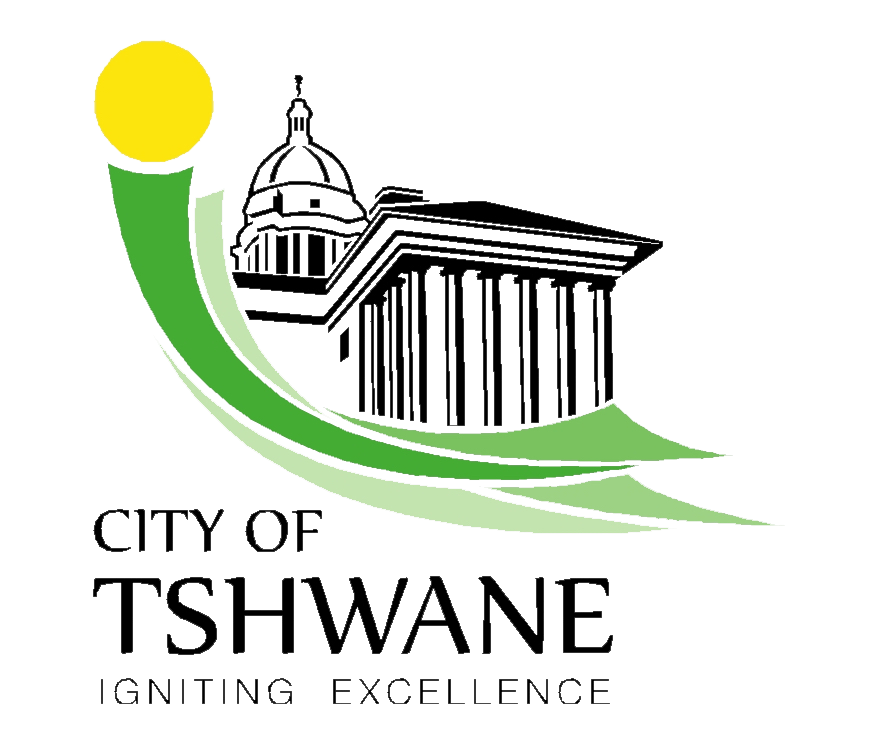“I cannot in good conscience present a rose-tinted state of the City,” said Cllr Cilliers Brink, Executive Mayor of Tshwane, in the opening remarks of his maiden State of the Capital Address.
“My approach today will be to look reality in the face, make a full disclosure to the people of Tshwane on the state of financial and institutional dysfunction in the City, and be clear about the steps that need to be taken in order to secure the City’s long-term financial sustainability,” he said.
Cllr Brink said the City must return to the basics of local government, namely water, electricity, waste collection, sewage, roads, public lighting and safety. Sustainable ways to deliver these services need to be found, as well as securing infrastructure to provide these services.
Electricity issues
He said the excessive wear and tear caused by load-shedding damages the City’s infrastructure and depletes the repair and maintenance budgets. It also creates opportunities for criminals to attack and strip electrical installations.
In the next three years, it is imperative that the City reduces its dependence on Eskom for the supply of our about 2 500 MW of electricity use. At least 1 000 MW must come from alternative sources, namely a combination of own generation and procurement from independent power producers.
Before the end of this financial year, the energy task team appointed by the Mayoral Committee will devise a request for proposals to the market for the use of the Rooiwal Power Station. Whatever proposal is eventually accepted, it must be sustainable and affordable.
Water
“The Rooiwal Waste Water Treatment Plant is biologically and mechanically overloaded, and requires R2,5 billion in upgrades, yet serious questions remain about the integrity and effectiveness of the City’s supply chain management system to ensure that we get the right contractors for the job,” he said.
The Executive Mayor indicated that he recently met with the Minister of Water and Sanitation, Mr Senzo Mchunu, on the Rooiwal issue and will meet again with the respective technical teams to consider the full range of possibilities of upgrading Rooiwal as soon as possible, including partnerships with the private sector and national government water entities, such as Magalies Water and Rand Water.
City finances
He indicated that extraordinary vim and vigour is needed in the collection of revenue, which in turn requires scrupulous efficiency in preparing and dispatching bills to consumers, followed by undeterred credit control measures in response to consumers who fail or refuse to pay their bills.
He also said that the Revenue Management Division of the City needs drastic changes to fulfil its function. “Continuous declines in revenue collection seem to confirm the numerous allegations that I have heard of revenue agents and credit control contractors demanding bribes for illegal connections and reconnections,” he said.
He said that this is part of a criminal economy that operates in the City and has the same devastating effect on value for money and service delivery as at other organs of state, like Eskom.
“To achieve a revenue collection rate of at least 93%, we will need to perform at least 1 000 credit control disconnections every week and take measures to prevent illegal reconnections,” he said.
Aggressive revenue collection is not about getting money for the municipality or paying salaries; it is about ensuring the long-term financial sustainability of our City. He said it is not just about good financial management, it is an obligation the City owes to the hundreds of thousands of consumers who do pay their bills on time.
Work is also being done on a funding plan to ensure that in the next two years the City’s revenue matches our budgeted expenditure. The funding plan, which will be presented to the municipal Council in the coming months, will include measures to –
- source special funding for targeted infrastructure investments aimed at reducing water and electricity losses;
- sweat the City’s existing assets, which includes long-term leases as well as the sale of land and buildings not required for service delivery; and
- review the current model of delivering certain services, including the management of City resorts, Wonderboom National Airport and the Tshwane Fresh Produce Market.
Click on the link to access the speech:
